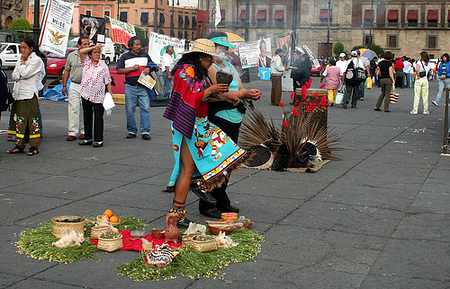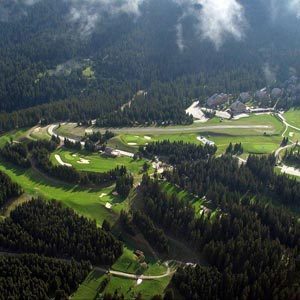 Organic waste groups all those wastes that have a biological origin, that is, that they come from a living being or were part of it.
Organic waste groups all those wastes that have a biological origin, that is, that they come from a living being or were part of it.
Waste that comes from a living being or was part of it
The trash is the general denomination that is attributed to all those materials and products that are no longer useful in our lives and therefore are discarded, throwing them in containers specially designed for it.
Daily and constantly, human beings produce garbage as a result of our daily activities such as: feeding, working, studying, among others, while garbage, by its origin, can be classified into different types and one of them is precisely the organic trash that occupies us in this review.
The organic trash is composed of those wastes of biological origin, that is, that waste has been part of a living being, or even at some point it was a being that was alive, and also for those residues that result from the preparation of meals at home, because normally we do not use the total of a food at the time of cooking, being that some of its parts are discarded because they are not used in the preparation.
For example, if we prepare an apple pie, they will be stripped of their peel before integrating them into the preparation of the cake, with which, that peel that is extracted will no longer be useful to us, and therefore we will discard it and it will become organic waste.
Its easy decomposition and possibility of recycling make it a garbage that can discover a new utility
So, food scraps such as fruit peels, vegetable scraps, seeds, oil, bones, and decomposing milk are included among organic waste.
Likewise, the leaves, or branches, that fall from a plantation or tree, or that result from the pruning of plants and shrubs, vegetables, animal excrement, bones, those fabrics made up of natural fibers, such is the case. From linen and even paper and cardboard, body waste from humans and animals, such as hair, nails, feathers, among others, are considered organic waste.
It should be noted that the main characteristic of this type of waste is that it is plausible decomposition with which from it it is possible to generate natural fertilizer for the earth.
Characteristics of inorganic and hazardous waste, and their incidence on environmental pollution
The other types of garbage are: inorganic garbage and hazardous garbage.
The first consists of those wastes that do not have a biological origin and that generally have an industrial origin or are the result of an unnatural process, among these we can include glass bottles, plastic containers, bags of this material that are They deliver in shops and supermarkets, the materials that are manufactured with PVC material, batteries, aluminum cans, among others.
A common characteristic of all of these is that they are not degradable and therefore take a long time to decompose, and being polluting, they cause damage to the environment.
For example, it is that as far as possible many of these are being eradicated, such is the case of plastic bags that in many countries are being replaced by reusable bags, taking plastic bags practically out of everyday life. .
Very few cases can be recycled.
On the other hand, dangerous garbage is composed of highly polluting waste, both for human beings and for the environment, in this category we can include sanitary waste, that is, that generated in hospitals and medical care centers. , such as gauze, cottons, plastic syringes, even though they are made of organic materials, they must be disposed of in a differential and controlled manner due to their high degree of contamination, and the possibility of spreading viruses, diseases and other pathological agents.
Both types of garbage must be evacuated in a controlled manner due to their dangerousness and evacuation along with organic garbage must be avoided.
Help care for the environment by recycling and sorting waste
As a consequence of this issue, today it is essential to classify waste in order to take advantage of those wastes that still serve and that imply a natural benefit for nature, and on the other hand, discard in a controlled and safe way those that do not. are.
The garbage recycling process is essential in this regard as it allows these organic materials to be transformed to reuse them for another purpose.
Organic compost is one of the most common ways that organic waste can be transformed.
Now, some organic waste is advisable to be disposed of in differentiated containers, for example the oil we use for cooking can be used to create biofuel, and paper and cardboard can be used again to make new products made with these materials.
Recycling is a fundamental procedure to reduce environmental pollution.









